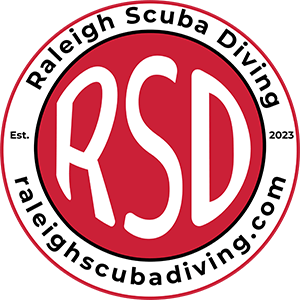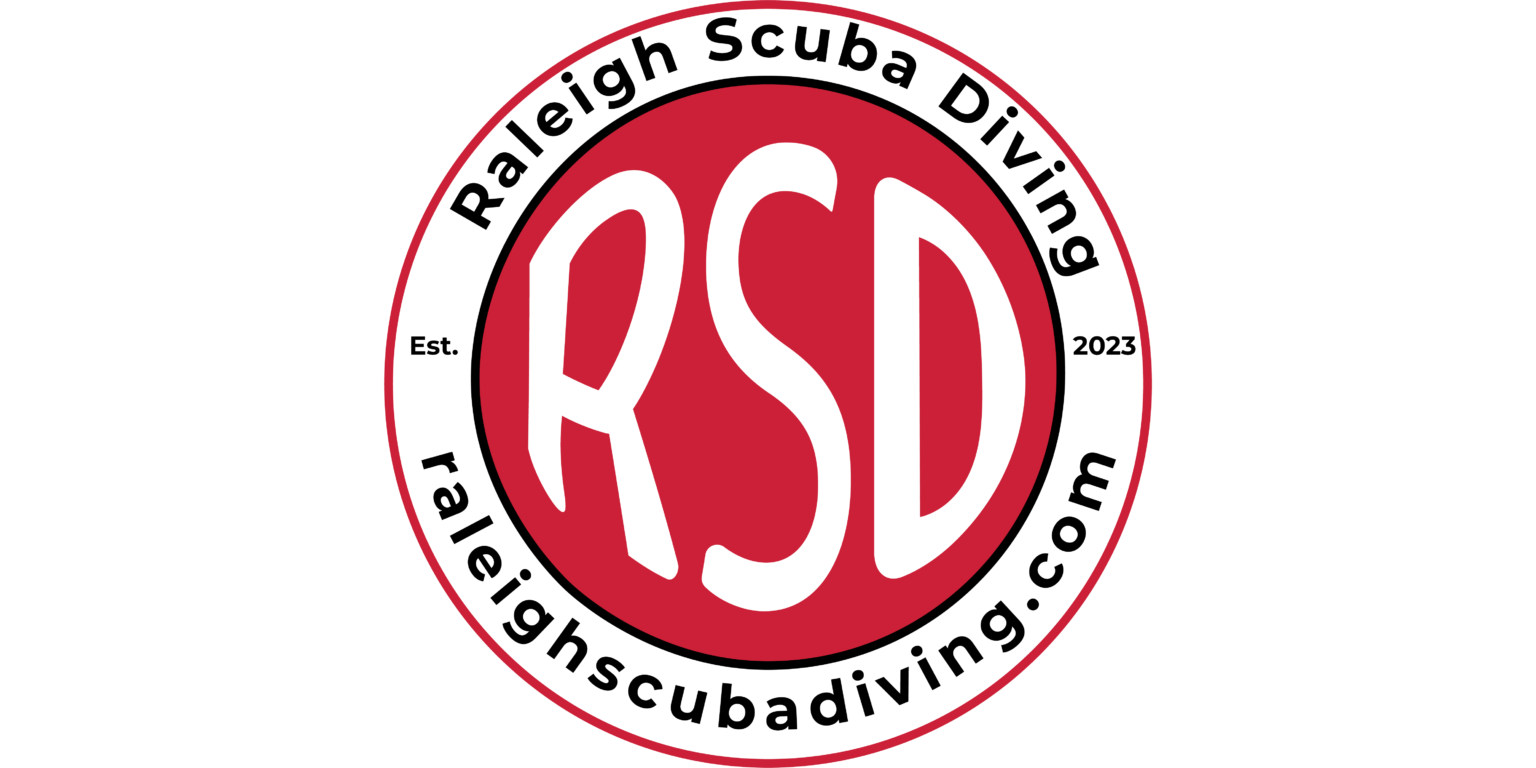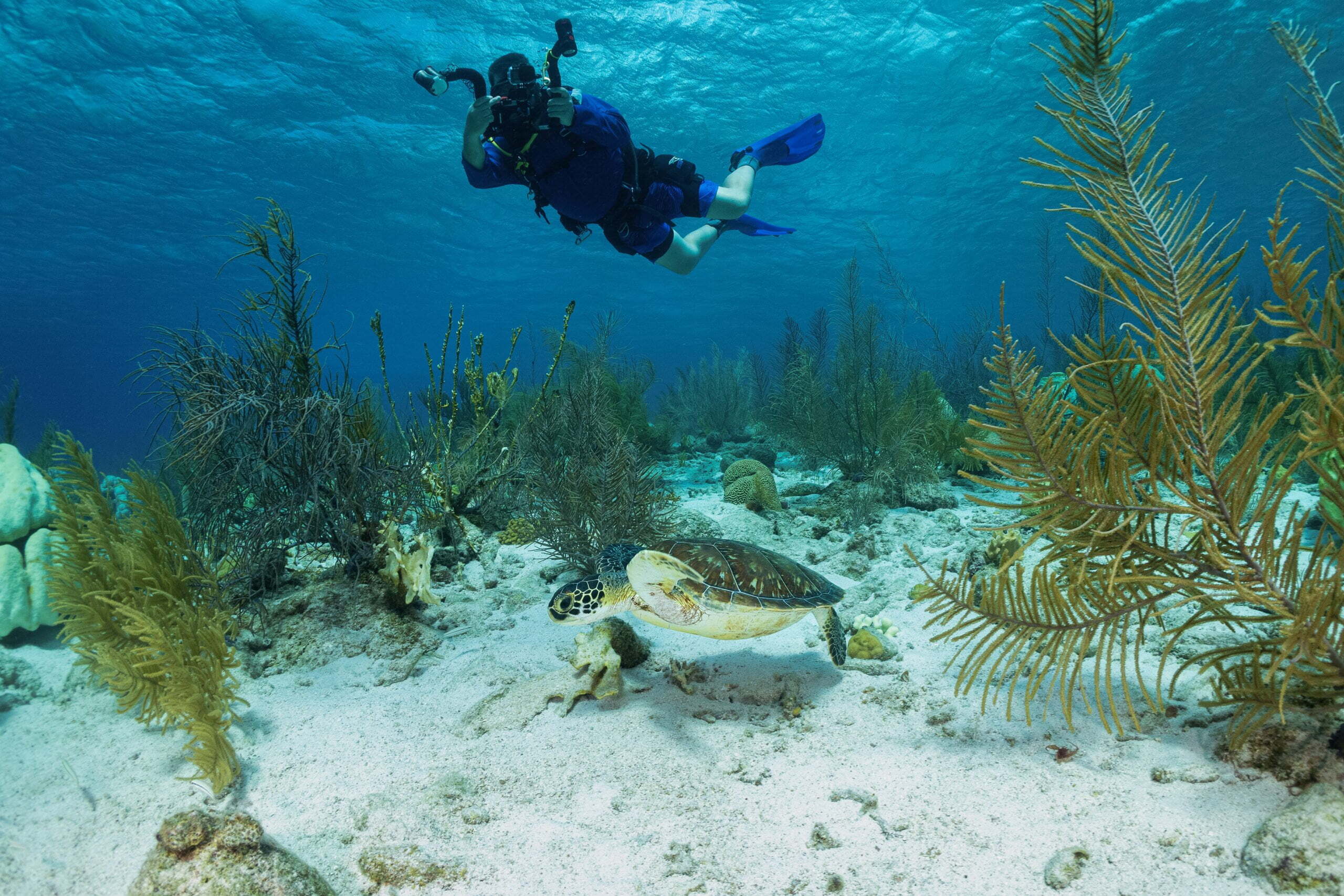If you have done any online research about learning how to scuba dive, you’ve inevitably witnessed the passionate conversations regarding different scuba agencies. Sadly, there is a LOT of agency bashing out there which is completely misplaced as it’s purely tribal in nature. Every certifying agency in the world MUST adhere to guidelines issued by the WSRTC. These guidelines are loose in nature but cover the skills the instructor or dive shop must teach in order to certify a diver.
Since every agency must adhere to the same standards, you can rest assured that the “agency” you select will not have a big impact on the type of training you receive. However, just because they all teach the same skills does not mean they teach the same way, and that is where you should focus your attention.





